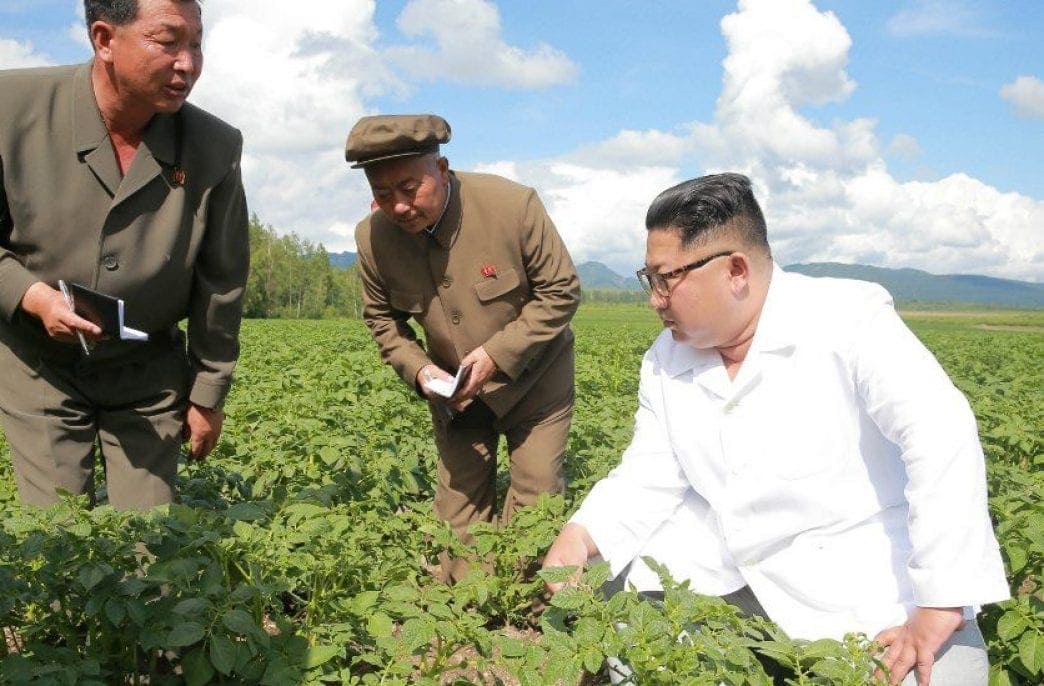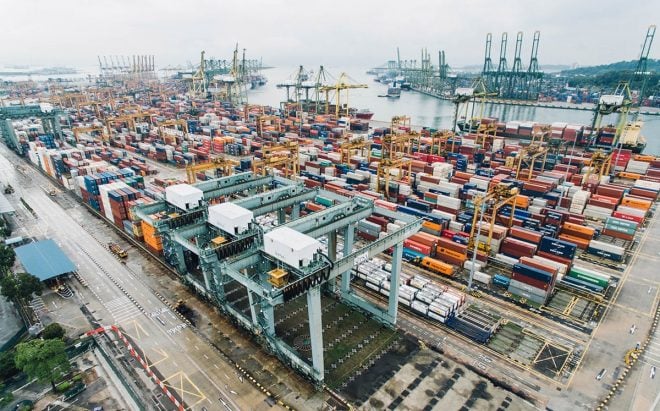South Korea Maintains Stable Urea Imports from China Despite Cutback Concerns

In response to concerns over a potential shortage due to some Chinese urea exporters’ plans to reduce shipments, South Korea’s industry ministry has confirmed that urea imports from China have proceeded as usual, ensuring a stable domestic supply. This announcement came after a meeting in Seoul between the Ministry of Trade, Industry and Energy, Lotte Fine Chemical Co., other major importers, retailers, and related agencies such as the Korea Trade Investment Promotion Agency (KOTRA).
Participants at the meeting revealed that new contracts with Chinese companies were signed without disruptions, and no supply issues were noted. South Korea has a urea stock that will last for 70 days, with additional supplies scheduled to arrive over the next two and a half months based on existing contracts.
While the domestic urea supply situation is stable, there have been instances of consumers stockpiling urea solutions, leading to price hikes and some retail shortages. This behavior is attributed to memories of a significant urea shortfall in 2021 due to China’s export restrictions. Notably, urea solution is essential for reducing emissions in diesel vehicles.
To address concerns and ensure a steady supply, the ministry has established alternative import channels, including countries in Southeast Asia and the Middle East. It’s noteworthy that while almost 90% of South Korea’s urea used in diesel vehicles and other industrial purposes is imported from China, only 17.4% of the urea used for fertilizers comes from the same source.



